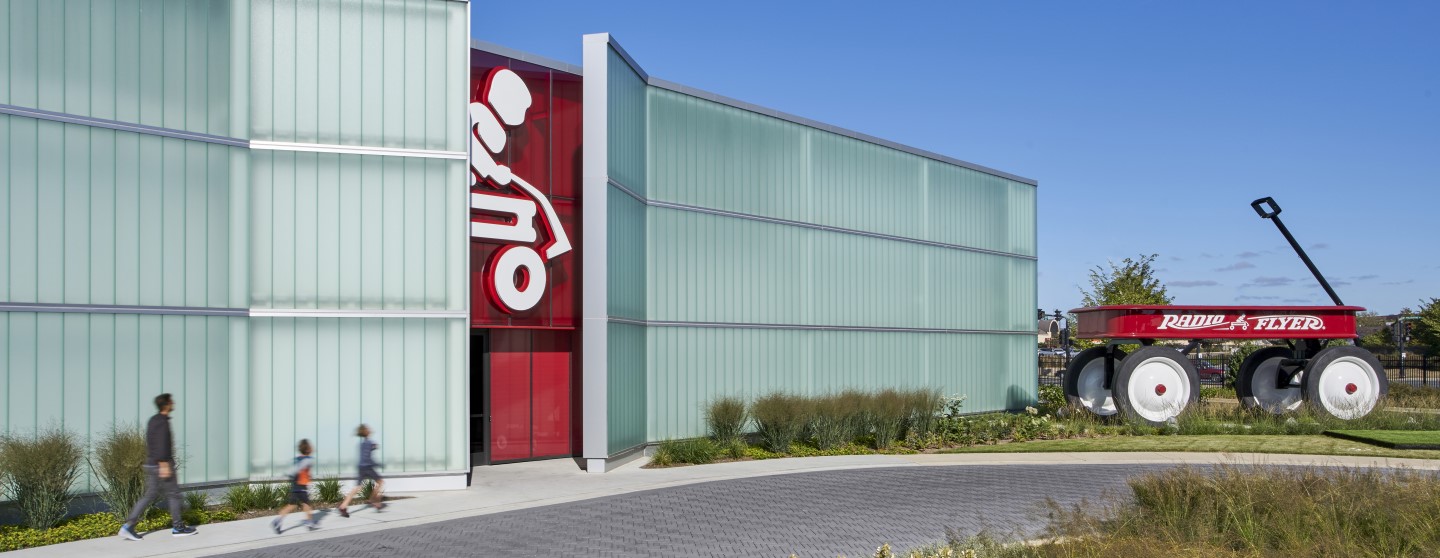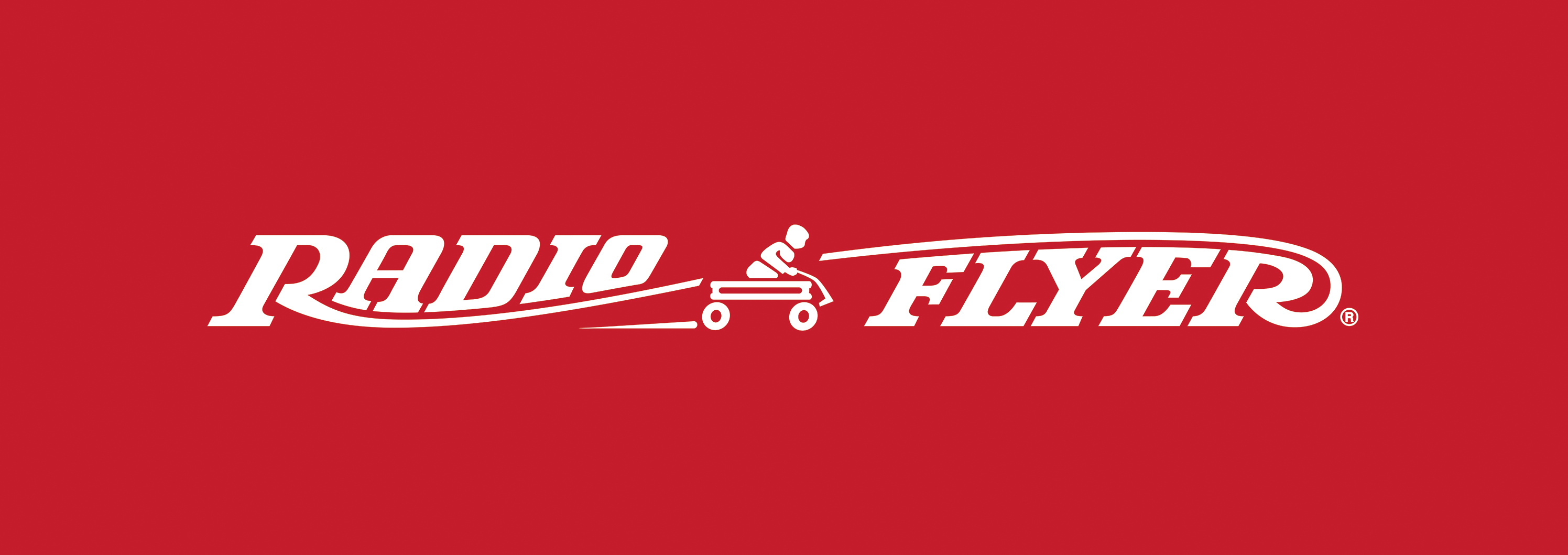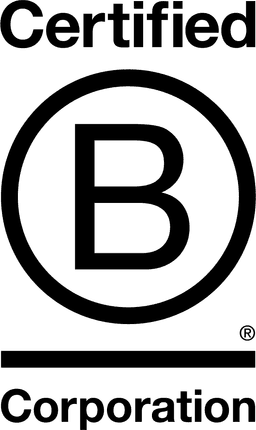

The Radio Flyer Company

1.6
Illinois, United States
August 2022
Games & toys
Wholesale/Retail
China,
United States
At Radio Flyer we believe play is a powerful force, and we're on a mission to bring it back in a big way. That’s why everything we make gets families moving, exploring, and most importantly, having fun. Founded in 1917 by Antonio Pasin, the creator of the Original Little Red Wagon, Radio Flyer has grown into one of the world’s most loved and trusted brands. Still family-owned and headquartered in Chicago, we’ve spent more than a century designing high-quality products that stand the test of time. Today, our lineup spans from iconic wagons to go-karts, scooters, tricycles, and award-winning electric bikes. Radio Flyer’s trailblazing work across product design, manufacturing, and operations has established us as a sustainability leader within the toy industry. From our LEED Platinum-certified HQ to recyclable packaging and nationwide battery recycling, sustainability is built into everything we do. We were the first toy company to join Science Based Targets, committing to science-backed emissions goals, and we’ve been recognized as a Real Leaders Top Impact Company for our environmental efforts. With over a billion wheels on the road and generations of trust, we’re proud to keep rolling toward more joy, more play, and a better world for the families of tomorrow.
Overall B Impact Score
Governance 16.9
Governance evaluates a company's overall mission, engagement around its social/environmental impact, ethics, and transparency. This section also evaluates the ability of a company to protect their mission and formally consider stakeholders in decision making through their corporate structure (e.g. benefit corporation) or corporate governing documents.
What is this? A company with an Impact Business Model is intentionally designed to create a specific positive outcome for one of its stakeholders - such as workers, community, environment, or customers.
Workers 32.0
Workers evaluates a company’s contributions to its employees’ financial security, health & safety, wellness, career development, and engagement & satisfaction. In addition, this section recognizes business models designed to benefit workers, such as companies that are at least 40% owned by non-executive employees and those that have workforce development programs to support individuals with barriers to employment.
Community 19.2
Community evaluates a company’s engagement with and impact on the communities in which it operates, hires from, and sources from. Topics include diversity, equity & inclusion, economic impact, civic engagement, charitable giving, and supply chain management. In addition, this section recognizes business models that are designed to address specific community-oriented problems, such as poverty alleviation through fair trade sourcing or distribution via microenterprises, producer cooperative models, locally focused economic development, and formal charitable giving commitments.
Environment 28.3
Environment evaluates a company’s overall environmental management practices as well as its impact on the air, climate, water, land, and biodiversity. This includes the direct impact of a company’s operations and, when applicable its supply chain and distribution channels. This section also recognizes companies with environmentally innovative production processes and those that sell products or services that have a positive environmental impact. Some examples might include products and services that create renewable energy, reduce consumption or waste, conserve land or wildlife, provide less toxic alternatives to the market, or educate people about environmental problems.
Customers 4.4
Customers evaluates a company’s stewardship of its customers through the quality of its products and services, ethical marketing, data privacy and security, and feedback channels. In addition, this section recognizes products or services that are designed to address a particular social problem for or through its customers, such as health or educational products, arts & media products, serving underserved customers/clients, and services that improve the social impact of other businesses or organizations.